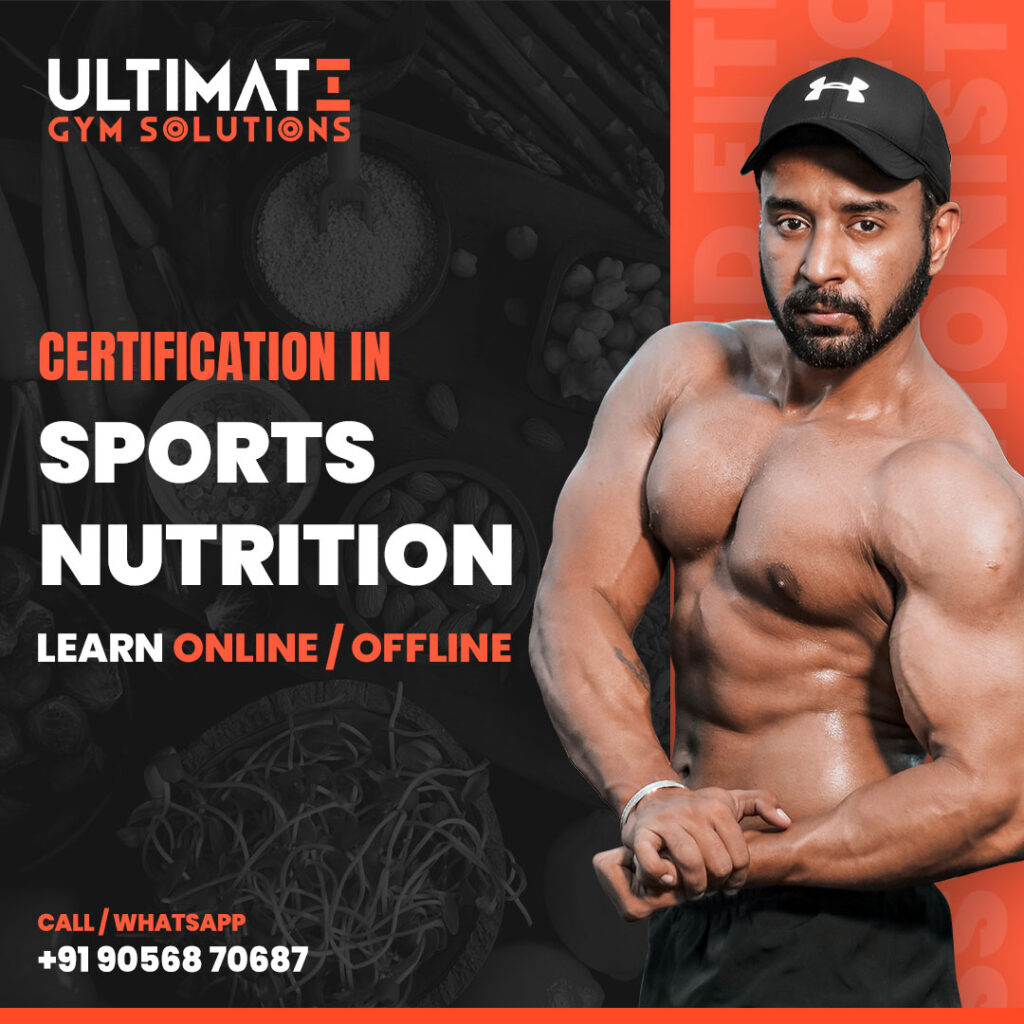Sports nutrition supplements
Hosted by Dr Laurent Bannock, the We Do Science Podcast features expert practitioners and academics, providing valuable insights into their work, helping provide you with the tips and insights you need as a current or aspiring Sport and Exercise Nutritionist bovada wagering contribution chart.
Jobs in sports nutrition require at least a bachelor’s degree in nutrition, often a master’s degree and status as a Registered Dietitian is required. In addition, sports nutrition jobs require a deep knowledge of how food relates to physical performance and familiarity with sport nutrition supplements on the market including safety concerns, allowance of use by athletic authorities, appropriate uses and ideal doses.
Nutritionists in private practice may also be hired to consult for individual athletes or teams for special competitions such as the Olympics. Some jobs may be available in stores and for companies which sell sports nutrition supplements.
Becoming certified by organizations recognized by the Institute for Credentialing Excellence can make you more competitive when trying to land a sports nutrition job. An exercise certification through the American College of Sports Medicine is well respected in the field.
Sports Nutritionists with one to four years of experience in the field can expect to make salaries ranging from $34,392 to $59,495 per year. Most dietitians and nutritionists working for a company can expect to make $33,433 to $61,000 per year with a median salary of $42,261. Those working for non-profit organizations such as community recreation centers can expect to earn salaries ranging from $39,786 to $53,145.
Degree in sports nutrition
Work directly with athletes to optimize their nutrition, helping them improve performance, speed up recovery, and reduce the risk of injury. From NFL and NBA teams to Olympic athletes, the need for sports nutrition experts is essential at all levels.
Dr. Fischer’s background in higher education includes administration of in-class and online programs, development of new programs, and collaborative programming. Her academic focus includes public health, epidemiology, leadership, and program administration. Learn more about Dr. Fischer here.
If you’re interested in advancing your career and are already a registered dietician with a minimum of one year of professional experience, ASU Online offers a Master of Science in nutritional science with a concentration in dietetics program. Focusing on the scientific foundations of nutrition, this program aims to accelerate your career with the in-depth knowledge and hands-on experience needed to succeed. This program also offers the NTR 555 course, Nutrition and the Athlete, which covers the study of current practices in sports nutrition.

Work directly with athletes to optimize their nutrition, helping them improve performance, speed up recovery, and reduce the risk of injury. From NFL and NBA teams to Olympic athletes, the need for sports nutrition experts is essential at all levels.
Dr. Fischer’s background in higher education includes administration of in-class and online programs, development of new programs, and collaborative programming. Her academic focus includes public health, epidemiology, leadership, and program administration. Learn more about Dr. Fischer here.
Sports nutrition centers
This doesn’t mean, however, that you can’t enjoy butter or bacon (in moderation). Your goal: You want 80 to 90 percent of your fat intake to come from the “Eat More” and “Eat Some” columns of the food list below. The other 10 to 20 percent can come from whichever column you prefer.
10. Liu AG, Ford NA, Hu FB, Zelman KM, Mozaffarian D, Kris-Etherton PM. A healthy approach to dietary fats: understanding the science and taking action to reduce consumer confusion. Nutr J. 2017 Aug 30;16(1):53.
This specialized program includes three in-depth courses—How to Coach an Athlete, How to Create Personalized Nutrition Programs for Athletes, and How to Solve Common Nutrition Problems for Athletes— that’ll take your ability to coach athletes to an elite level.

This doesn’t mean, however, that you can’t enjoy butter or bacon (in moderation). Your goal: You want 80 to 90 percent of your fat intake to come from the “Eat More” and “Eat Some” columns of the food list below. The other 10 to 20 percent can come from whichever column you prefer.
10. Liu AG, Ford NA, Hu FB, Zelman KM, Mozaffarian D, Kris-Etherton PM. A healthy approach to dietary fats: understanding the science and taking action to reduce consumer confusion. Nutr J. 2017 Aug 30;16(1):53.
This specialized program includes three in-depth courses—How to Coach an Athlete, How to Create Personalized Nutrition Programs for Athletes, and How to Solve Common Nutrition Problems for Athletes— that’ll take your ability to coach athletes to an elite level.